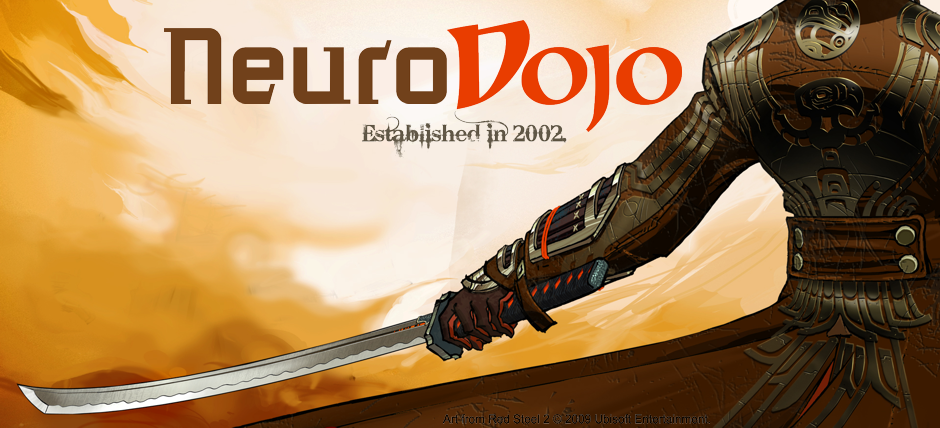The paper, which has four authors, was published online at the end of August. Apparently unbeknownst to some of the other authors, one author signed an agreement with the National Institutes of Health (NIH) not to publish data arising from the project until near the end of September.
Nobody is denying that there’s a problem here. But was retraction the best or only option?
 Retraction is a serious business. It is a formal expunging of a paper from the scientific record. In theory, that paper should never be cited. It’s all very mannered and Victorian: “We shall never speak of this again.”
Retraction is a serious business. It is a formal expunging of a paper from the scientific record. In theory, that paper should never be cited. It’s all very mannered and Victorian: “We shall never speak of this again.”Previously, when I’ve seen papers retracted, it’s usually been due to a problem with the science, where questions have been raised about the truth of the data (due to error or scientific naughtiness). Occasionally, there has been some other sort of weirdness that has resulted in retraction, but in all cases, only two parties have been involved: the authors and the editors.
This situation adds a strange new wrinkle: the ethical violation involves a third party. And as Newtonian physicists learned, three body problems can be insanely difficult. There are many questions arising from this action.
Nobody is questioning the science presented in the paper. Because retraction was usually reserved for papers that were wrong, it ensured the scientific record remained free of known error. That purpose is not served by retraction here.
Can this paper be published in another journal at a later time? Retracting a paper for an ethical violation other than those related to the integrity of the data or text is so rare that I have no idea if there will be any issues with trying to publish the results elsewhere later.
Only one author signed off on the embargo, but three more people are suffering the consequences of the retraction. This seems to be an offshoot of the standards for authorship established by journal editors: Every author is responsible for every claim in the paper equally. Authorship conveys equal responsibility for everything in the paper.
Except that again, the problem is not with the text. The problem is with an agreement entered into with a third party. If NIH’s policy is being violated, shouldn’t NIH be the one responsible for enforcing any consequences of breaking embargo rather than the journal? Maybe this journal’s action was requested by NIH, but if so, the editorial doesn’t say.
The whole situation seems analogous to someone not paying his power bills and having his car, and the cars of his business partners, repossessed.
The editorial course of action seems unsatisfying. The Adventures in Ethics and Science blog raised a similar point. It seems that when dealing with scientific misconduct, there are only two options: a slap on the wrist or the firing squad. That, I think, is the heart of the problem. Editors have an limited range of tools to deal with ethical violations. The editors can either “wag their finger” at the authors, which could be seen as complicity with an ethical violation, or retract the paper, which could be seen as swatting a fly with a hammer.
I’m all for dead flies, but I hate the holes in the wall. There’s got to be room for sanctions that are less destructive.
Update, March 2010: The Embargo Watch blog follows up on this story.
Reference
Schekman, R. (2009). PNAS takes action regarding breach of NIH embargo policy on a PNAS paper Proceedings of the National Academy of Sciences, 106 (40), 16893-16893 DOI: 10.1073/pnas.0910317106

1 comment:
Retract it, then unretract it a month later. Problem solved.
Anything else is between NIH and the naughty guy.
Post a Comment